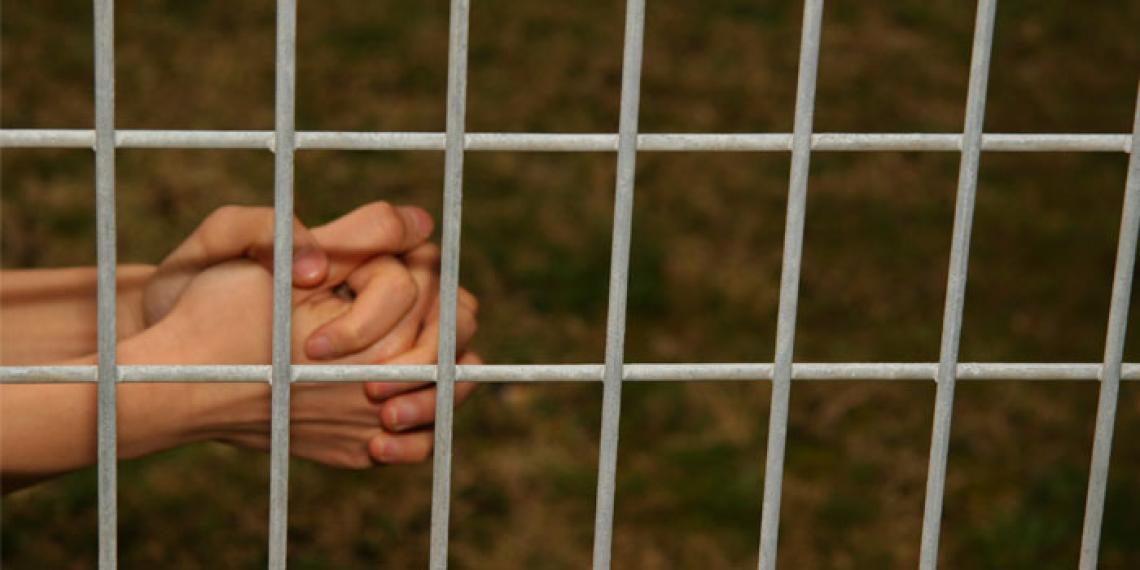You are here
Do you care about persecuted Christians?

When I started working for The Salvation Army in 2011, I was faced with a steep learning curve of unfamiliar terminology: corps, dispo, territory, division, red shield and others new words flooded my work emails and conversations.
Added to that, I was introduced to a myriad of acronyms, like DHQ, TC, THQ, MASIC and SPPU, which at first sounded like abbreviations for youth gangs to me!
However, the one term that has interested and confused me most is the idea of ‘social justice’. Now, social justice is not just the domain of The Salvation Army. Many organisations, community groups, churches, individuals and even government have attempted to define what social justice is, and then deliver initiatives to enhance social justice in our nation. The Salvation Army seeks to uphold social justice in Aotearoa via the work of the Social Policy and Parliamentary Unit that I am a part of, and through the work of our social services and many other initiatives.
Despite this, I don’t use the language of social justice in my own life. I don’t see myself as a social justice advocate, champion or even practitioner. In my opinion, I am a Bible-believing believer first and foremost. A person’s eternal destination is paramount to me. Therefore, any potential social justice activities I might be involved with become the evidence (or fruit) of my salvation in Christ, not the means of my salvation (see Ephesians 2:8–10).
I’m also intrigued about what causes or groups we extend social justice to. For instance, it seems to me that when Christians in Aotearoa talk about social justice, these discussions are dominated by talk about social justice for the poor or social justice around marriage and gender equality. We talk about issues of structural and social inequality, the basic necessities of life, and religious tolerance. All worthy of discussion and action. But speaking out about justice for Christians—particularly among the most marginalised and persecuted Christians—seems to be an almost non-existent or even taboo topic among Kiwi Christians. Why do our discussions and action around social justice not extend to the injustices happening to our fellow Christians around the world?
Open Doors International estimates that over 100 million Christians are being persecuted or suffering for their faith right now. Most of this persecution happens in Muslim and Communist countries. It includes beatings, rape, torture, murder, political and social isolation, and exclusion from jobs, schools and communities.
The Pew Research Centre in America reported in 2012 that Christians face harassment, government exclusion and social hostilities such as discrimination and violence in 151 countries and were the most harassed or persecuted faith group between 2006 and 2012. World leaders such as British Prime Minister David Cameron, German Chancellor Angela Merkel, Pope Benedict XVI and even Prince Charles have spoken publicly about the increasing persecution of Christians around the world.
Is this not a social justice issue? So why don’t more Kiwi Christians —who are passionate about Christ, his Word and social justice—speak out or take action?
In 2013, Kiwis gave a wonderful $1.6 million in donations and koha to Open Doors NZ, Voice of the Martyrs and the Barnabas Fund, three of the ‘bigger’ ministries in Aotearoa working with persecuted believers overseas. In the same period, we gave over $15 million to The Salvation Army, and over $33 million in sponsorship to World Vision New Zealand. One major Kiwi Pentecostal church brought in $6 million worth of donations in 2013, spending most of this on salaries, property and local projects. These figures are not meant to demean the awesome giving of Kiwis, but they do seem to indicate, as the saying goes, that we are definitely putting our money where our mouths are.
The plight of persecuted and suffering Christians is an absolute passion for my wife and me and our small church. Yet I am constantly wondering why these issues don’t seem to be on the radar of other social justice-focused Christians in Aotearoa and other Western nations.
What is the value of biblically-influenced social justice thinking if other social causes or issues so often take precedence over the often brutal and extreme suffering of our fellow Christian brothers and sisters?
Ronji Tanielu is a social policy analyst with The Salvation Army’s Social Policy and Parliamentary Unit (www.salvationarmy.org.nz/socialpolicy)
by Ronji Tanielu (c) 'War Cry' magazine, 15 November 2014, pp11
You can read 'War Cry' at your nearest Salvation Army church or centre, or subscribe through Salvationist Resources.